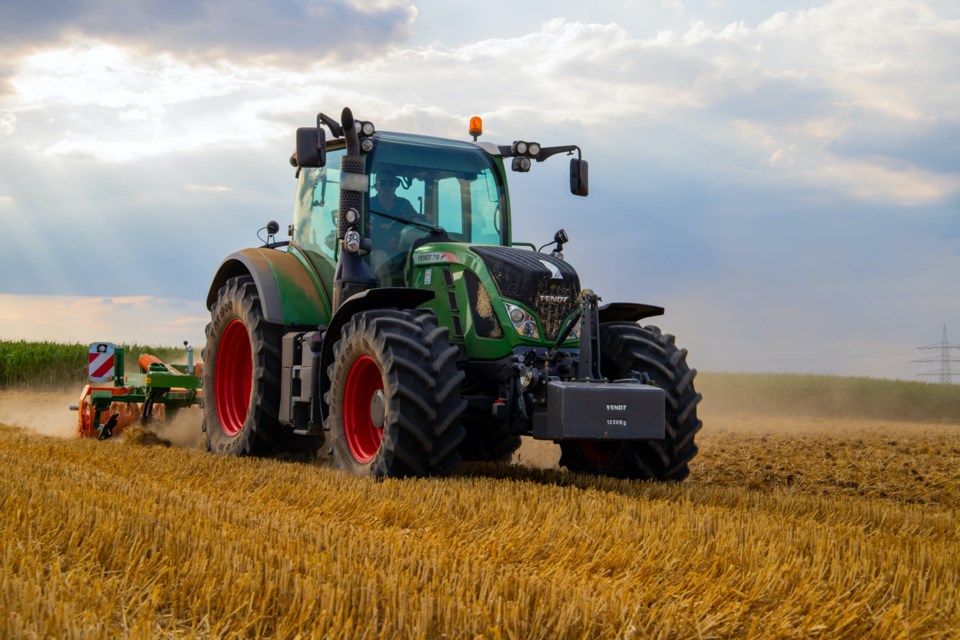BradfordToday welcomes letters to the editor at [email protected]. Please include your daytime phone number and address (for verification of authorship, not publication).
*************************
This summer is going to be an extremely expensive and difficult summer for farmers in many parts of North America. There’s always the unpredictable weather, with hail, late frost, windstorms, with associated pests, blights and severe droughts. But climate change is just making things more uncertain.
Then there’s the geopolitical issues affecting the economy that impact the farmer — with expensive fuel and fertilizer, expensive equipment and un-findable parts, with a labour shortage to boot.
The events in Ukraine caused by war, the hangovers of our present-day pandemic have created a massive void within the global supply chain. Nothing seems to be working as it once did. The general issues are hitting every industry, but growing grain, potatoes, fruits and vegetables, with dairy, livestock meat being an essential service and far more important than manufacturing pleasure and gaming consoles.
The cost of food essentials has skyrocketed to heights not seen in decades. I believe there was a plan to increase profits all around, and the pandemic gave the industry the excuse to go for it. In 2020-21 food items increased in prices by 25 to 41 per cent. Then in 2021-22, with the rise of inflation, further price increases appeared, pushing the prices and profits a further 10 to 15 per cent upward. As most marketers know, once a price becomes an accepted common price, it will often stay at its present levels, not going down any time soon.
Food prices, energy costs and petroleum will remain where they are only after further price increases occur. Say the price of gas goes to 2.50 a litre in Canada. It may go down a nickel or two but it will remain in that general area for good. Once the corporate world knows they can generate unlimited profits, why should they deny themselves this benefit?
Maybe some combination of technology and clever economics will mean that in a decade or two, food will become cheaper, nutritious and locally produced. Perhaps we will finally figure out how to do cheap vertical farming. Maybe genetically modified crops will provide a boom. Perhaps we will be able to grow cruelty-free steaks in vats. A pipe dream perhaps. Oh, well, we still need to ensure that we have enough fertile land, resources and labour to support our farmers we rely upon.
Essential farmland is being encroached upon by our ever-growing urban centres. We are losing farmland at a very high rate, whether it is because farming is often not very profitable, or developers may purchase these lands and then pressure city governments to allow their classification to move from farmland to commercial-residential.
We need to support our farming community wherever it may be, across the plains of North America or in the forests and glens of a Caribbean island. Once these lands disappear from farming usage, they almost never revert back to farming use. Putting a sticker on your car stating “No Farmer, No Food” is appreciated, but what is really needed is serious political engagement with the problems farmers face daily.
The farming community may become the next wave of protest, challenging our elected officials in ways never seen before. Independent farmers are being driven out of business and acquired by massive corporate farming conglomerates. Genetically fertilized, genetically grown food is the wave of corporate farming’s future. The small guy has no place within it.
“To be interested in food but not in food production is clearly absurd.” — (W. Berry)
The local poultry operation, or the wheat and corn belts across our land, are in need of assistance from you, the consumer, the little guy. Nothing will change unless the politicians we elect are forced to respond to the farmers’ needs, our needs being collectively the same.
Steven Kaszab
Bradford



